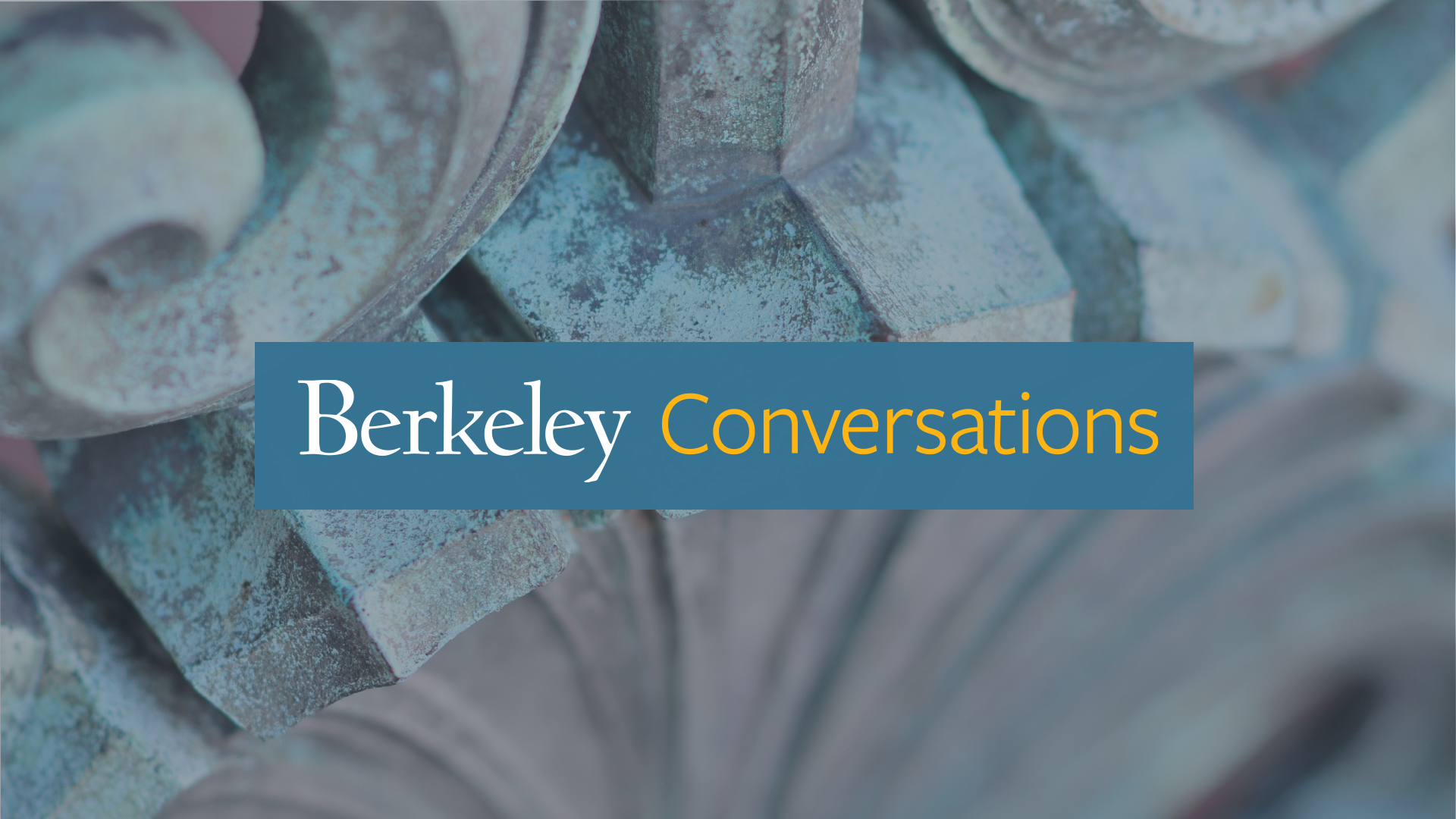
Democracy in the U.S. is facing immediate and long-term threats, and the nation may have to navigate a challenging period before it can begin to implement reforms to strengthen the system, top experts said at a Berkeley Conversations event today (Sept. 30).
The online discussion featured national security and legal experts, and it focused on the erosion of democratic values and practices in Congress, the U.S. Supreme Court and law enforcement.
But much of the conversation focused on President Donald Trump and his apparent willingness to threaten and violate democratic norms with the nation less than five weeks from a historic presidential election.
“Whether after a first term or second term, we will need to evaluate how President Trump has changed the presidency and the country,” said UC President Emerita Janet Napolitano, who moderated the discussion. “Trump has exposed the presidency’s vulnerability to excesses of authority and weaknesses of accountability.”
The event was organized by UC Berkeley’s Goldman School of Public Policy as part of the Berkeley Conversations series, which is exploring critical questions related to the COVID-19 pandemic, racial justice, the economy, the election and other issues.
Speakers at today’s conversation, “American Democracy: Needed Reforms,” expressed alarm at Trump’s attacks on the military and the intelligence community and his openly racist appeals to voters. They agreed on the need to restore a spirit of trust and cooperation to American politics and to protect and enhance the legitimacy of its institutions. But the path to that destination was not clear.
Much of the discussion was framed by the first presidential debate Tuesday night between Trump and former Vice President Joe Biden, the Democratic challenger. In the debate, Trump repeatedly, and without evidence, attacked the integrity of the election, and he declined to condemn the white supremacy groups that openly support him.
That left the speakers worried about strife in the run-up to the election — and after.
“The thing I worry about the most right now is what can happen on Election Day,” said Leon Panetta, former CIA director and U.S. defense secretary. “With what the president said last night, he basically sent a signal out to the right-wing extremists that they should stand by. And if he is defeated in this election and refuses to accept the results, I really do worry about what he will do … to somehow mobilize those groups to provide the chaos, to try to undermine what happens in the election.”
L. Song Richardson, dean of the UC Irvine School of Law, said she shares that fear. “The scariest time is after the election, right in that period of uncertainty (before the results are official),” Richardson said. “And I don’t think it’s a fear — I think it’s a reality. That’s the part that scares me, because I don’t know how we respond to what he is planning.”
If Trump and his allies challenge the results in court, and the outcome is unknown for a longer period, that presents further risk, said Napolitano, a former secretary of homeland security under President Barack Obama and two-term governor of Arizona.
“The longer it is strung out, I think the greater the potential for civil unrest — and very serious civil unrest,” she said. “Are we prepared? How are we going to deal with that?”
The speakers surveyed how the damage to democratic norms is evident in the hyper-polarized Congress, in the courts and in law enforcement, including in the Department of Justice under Attorney General William Barr. Republicans in Congress came under sharp criticism for their failure to speak up against Trump’s abuses and degradation of democracy.
If the nation gets through the election and possibly a transition of power, they said, a critical priority will be to shore up democratic institutions that have been strained or shattered by the current administration.
U.S. Rep. Eric Swalwell, a Democrat whose district spans parts of Alameda and Contra Costa counties, described the “Protecting Our Democracy Act” that was introduced recently in Congress. It seeks to strengthen accountability, restore checks and balances, and prevent abuses that have become commonplace.
But Swalwell and Panetta, himself a former Democratic congressman, stressed the need to restore dialogue and cooperation and to nurture a climate where the good of the country is more important than the power of political parties.
While some of the speakers were reluctant to embrace optimism about the weeks ahead, Swalwell offered a hopeful vision.
He predicted that Biden would clearly win the election, and that Democrats would win control of the Senate and keep control of the House. In that case, he said, “the best thing that we can do as leaders, and the best thing President Biden can do, is seek to bring the country together.”
He suggested that Biden assemble a truly bipartisan Cabinet that could work to “put back in place the norms and customs that this president has taken a wrecking ball to.”
“Biden’s instinct has always been to reach across the aisle,” Swalwell said, “and we’re going to need a leader like that in this post-Trump era.”
"need" - Google News
October 01, 2020 at 01:08AM
https://ift.tt/3jnDHBS
Leaders warn of threats to democracy, need for post-election renewal - UC Berkeley
"need" - Google News
https://ift.tt/3c23wne
https://ift.tt/2YsHiXz
Bagikan Berita Ini















0 Response to "Leaders warn of threats to democracy, need for post-election renewal - UC Berkeley"
Post a Comment